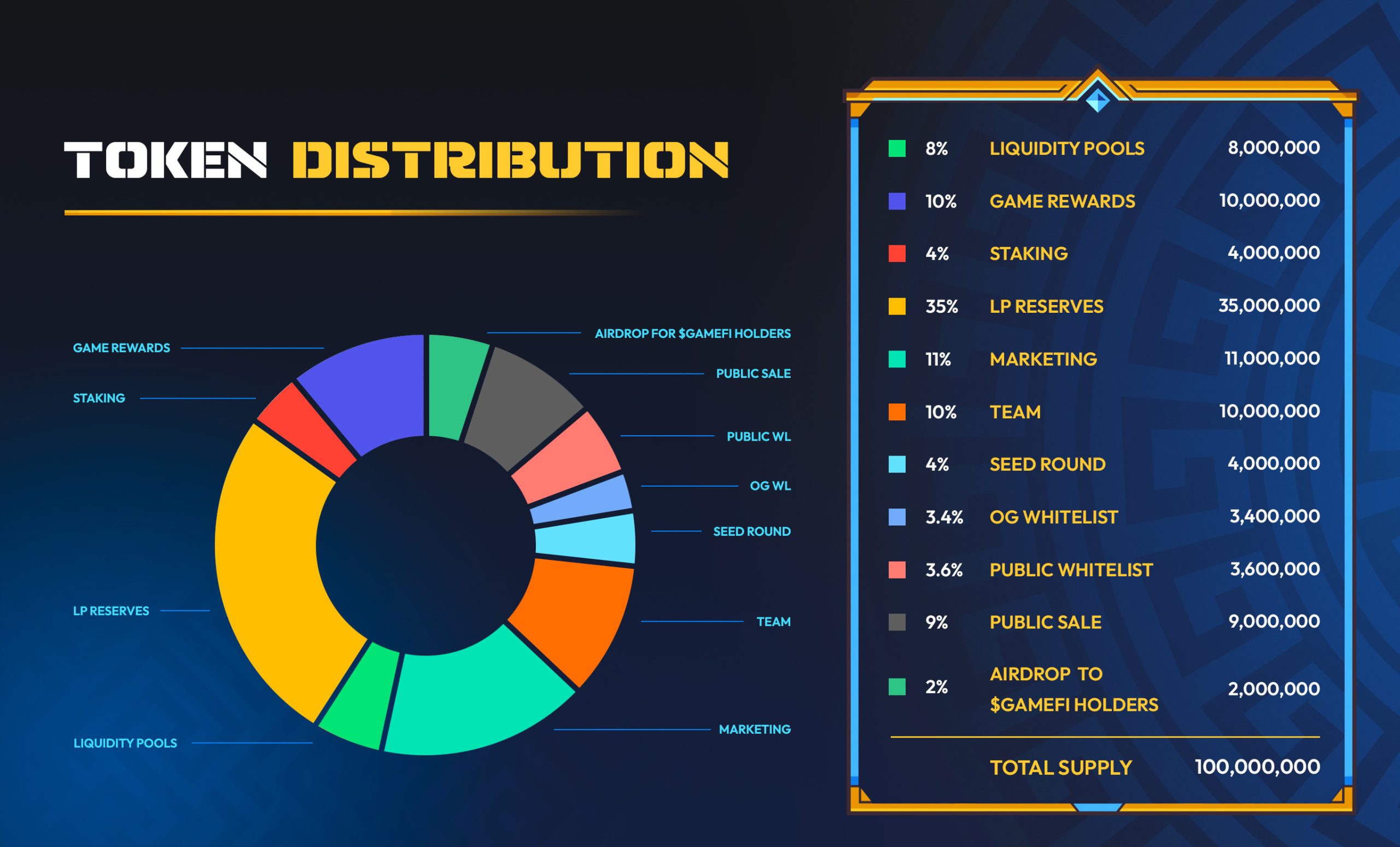Empowering Relationships: BVSM Marriage Services
Explore expert advice and support for successful marriages.
Gaming's Hidden Economy: The Tokenomics Revolution
Uncover the secret world of gaming's hidden economy and explore how tokenomics is revolutionizing play to earn. Dive in now!
Unlocking Value: How Tokenomics is Shaping the Future of Gaming
The gaming industry is undergoing a revolutionary change, driven by the emergence of tokenomics. This blend of tokens and economics provides developers with innovative ways to incentivize players, creating a robust ecosystem that benefits all stakeholders. The use of in-game currencies and blockchain technology enables players to truly own their assets, leading to a more immersive experience. As players engage in these tokenized environments, they become not just consumers but active participants in the game's economy, paving the way for more sustainable gaming models.
As we continue to explore the potential of tokenomics, we can anticipate a future where games are significantly shaped by player involvement. With token economies, players can trade, sell, and earn real value from their in-game achievements. This paradigm shift opens the door for decentralized platforms and community-driven game development, allowing for innovative ideas to flourish. As more developers embrace tokenomics, the gaming landscape is on track to become more equitable and rewarding for everyone involved.

Counter-Strike is a highly popular multiplayer first-person shooter game where players take on the roles of terrorists or counter-terrorists. Teams compete to complete objectives, such as planting or defusing bombs, while honing their tactical skills and teamwork. If you're looking to enhance your gaming experience, you might want to check out the bc.game promo code for exclusive bonuses.
The Role of Blockchain in Gaming's Hidden Economy: A Comprehensive Guide
The integration of blockchain technology into the gaming industry is transforming how players engage with in-game assets and currencies. Traditionally, the gaming economy has been closed, with players having limited control over their purchases and trades. However, with the advent of blockchain, players can now truly own their assets in a decentralized manner. This shift not only enhances trust among players but also opens up opportunities for monetization through cryptocurrencies and non-fungible tokens (NFTs). By facilitating peer-to-peer transactions, blockchain allows gamers to buy, sell, and trade items across games and platforms, creating a hidden economy that extends beyond the confines of individual titles.
Moreover, the role of blockchain in gaming extends to ensuring provable scarcity and authenticity of digital assets. When players invest time and money into acquiring unique items, they deserve a guarantee that these items cannot be duplicated or counterfeited. Blockchain addresses this concern through its immutable ledger, making it possible to verify the ownership and origin of each asset. As the gaming community becomes more aware of the benefits of blockchain technology, we can expect to see an increasing number of developers integrating these features into their games, thereby shaping a decentralized and player-centric gaming economy that truly values players' contributions and investments.
What Gamers Need to Know About Tokenomics and In-Game Economies
Tokenomics and in-game economies represent a significant evolution in the gaming landscape, intertwining game design with economic principles. For gamers, understanding tokenomics is crucial as it dictates the way virtual currencies function within games. Attributes such as scarcity, utility, and demand affect the value of in-game items, currencies, and assets. This knowledge not only helps players maximize their in-game wealth but also allows them to make informed decisions about investments within the game world. Moreover, recognizing how in-game economies mirror real-world markets can empower gamers to trade effectively, participate in player-driven markets, and even speculate on future values of virtual assets.
As gamers dive deeper into tokenomics, they should pay attention to several key factors:
- Supply and Demand: Just like in real economies, the interaction between supply and demand influences asset values.
- Token Utility: Tokens that serve a specific function within a game tend to hold more value than those that don’t.
- Market Dynamics: Understanding how player behavior impacts market fluctuations can provide a competitive edge.